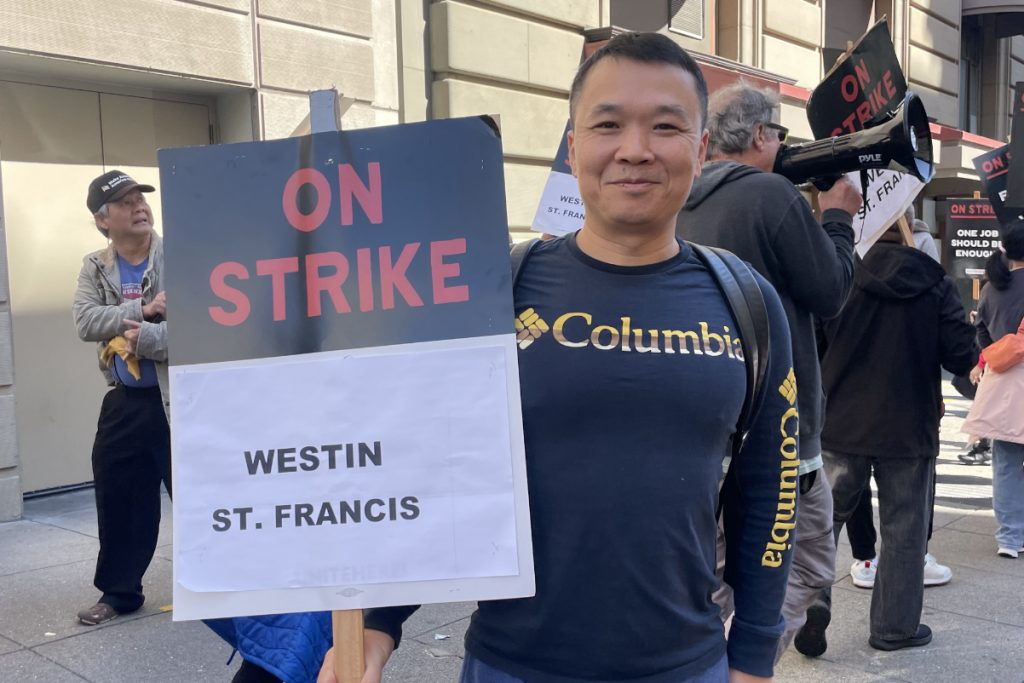More than 1,500 San Francisco hotel workers recently went on strike to demand better pay and working conditions from major hotel brands such as Hilton, Marriott, and Hyatt. This strike is part of a larger labor action involving nearly 40,000 hotel workers across 22 North American markets whose contracts have either expired or will expire by the end of 2024. The president of Unite Here, the hospitality workers’ union, Gwen Mills, highlighted that these workers made sacrifices during the pandemic and now want to be part of the rebound by improving their conditions through negotiations.
The labor union has seen over 30,000 hotel workers experience contract lapses, with about 15,000 of them authorizing strikes. Workers have the option to continue working under previous terms while negotiating new contracts, but strikes and “lockouts” could also occur. The San Francisco strikes are an escalation to an open-ended strike, with workers standing firm until they achieve a favorable contract. The workers come from various roles within the hotels, including housekeepers, cooks, servers, and bellhops, and are demanding better compensation and improved working conditions due to increased workloads and reduced staffing.
The hotel brands involved in the dispute, including Hyatt, Hilton, and Marriott, claim to have been negotiating in good faith and express disappointment at the strike actions. While Hyatt acknowledges its history of cooperation with unions and competitive wages and benefits, Hilton and Marriott emphasize their track record of negotiating with labor unions nationally. The potential for disruption in the hotel industry due to labor strikes is significant, as seen with the Hilton San Francisco Union Square, where the owner defaulted on a loan and faces potential foreclosure if a sale isn’t completed by July 2025. Prolonged strikes in major cities, such as San Francisco and San Diego, could disrupt tourism and business travel.
Given the ongoing recovery of the hotel industry from the impacts of the pandemic, negotiations with hotel workers are closely watched as they could set precedents for upcoming contract talks in other markets. The union has been mindful of negotiating in good faith and is urging guests to support their cause by avoiding staying at or dining in striking hotels. Despite the potential for disruption, the union has shown restraint, as evidenced by not going on strike during major events like Salesforce’s Dreamforce conference. The hotel labor actions are part of a larger trend of workers pushing for better pay and conditions as the industry navigates its post-pandemic recovery.
In the broader context, hotel and short-term rental sector stocks within the Skift Travel 200 Index have shown mixed performance year-to-date. The index includes companies publicly traded across global markets, encompassing international and regional hotel brands, hotel REITs, management companies, alternative accommodations, and timeshares. The performance of these stocks will be influenced by ongoing labor actions like the ones in San Francisco, highlighting the interconnectedness of labor relations and financial performance within the accommodations sector. As negotiations continue and potentially set new standards, the industry will monitor the outcomes to gauge their impact on future contract talks and industry stability.


